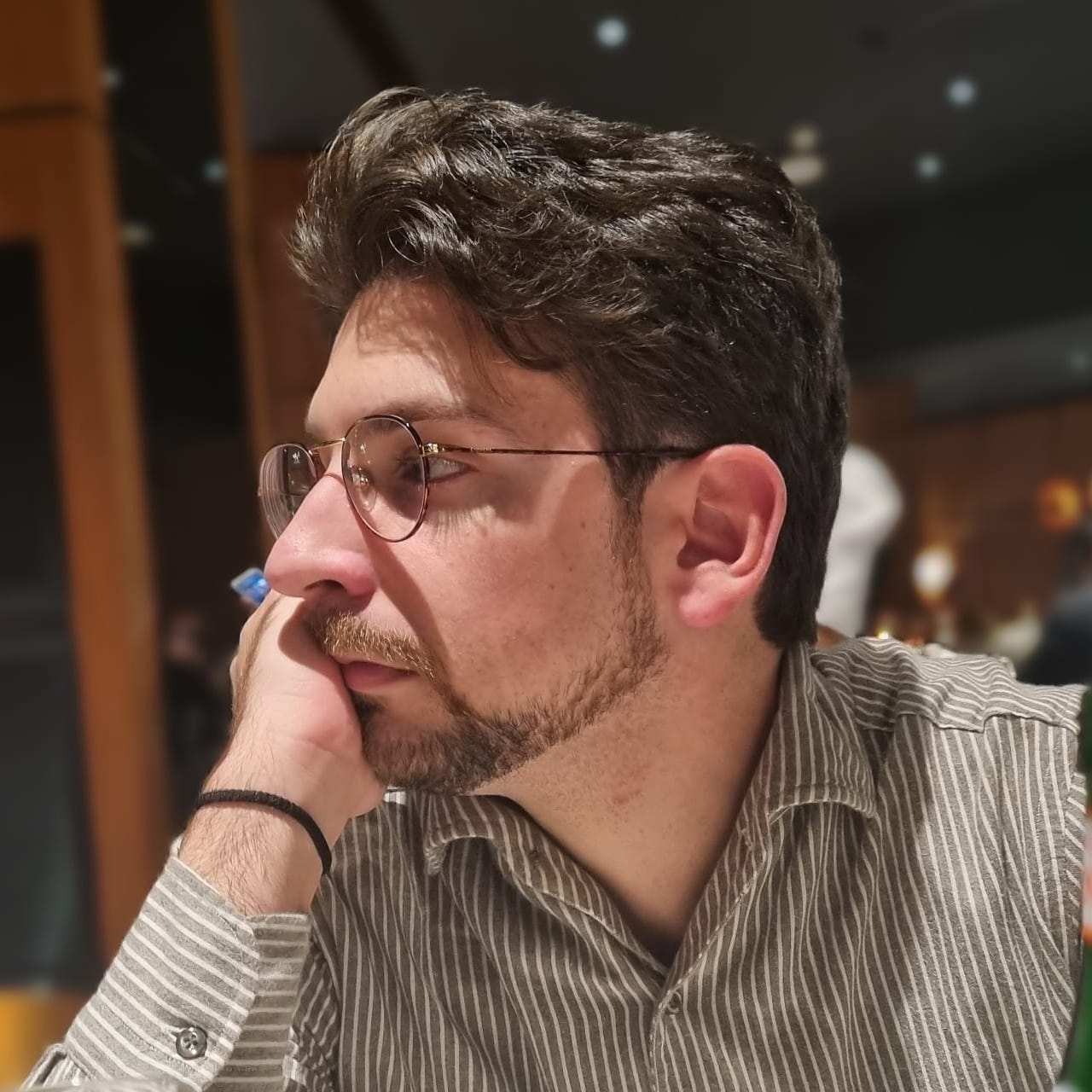
Stefano Lambiase
I am an Assistant Professor at Aalborg University in Copenhagen, Denmark. My research focuses on Software Engineering, with particular attention to Software Project Management, socio-technical aspects, Quantum Software Engineering, and Video Game Development. Beyond research, I am a passionate video game player (favourite game: Ratchet & Clank) and a great fan of cats. I truly enjoy teaching and conducting research that can make a positive impact on society—hopefully in the not-too-distant future. I am always interested in collaborating on research projects and open to new opportunities, so feel free to reach out!